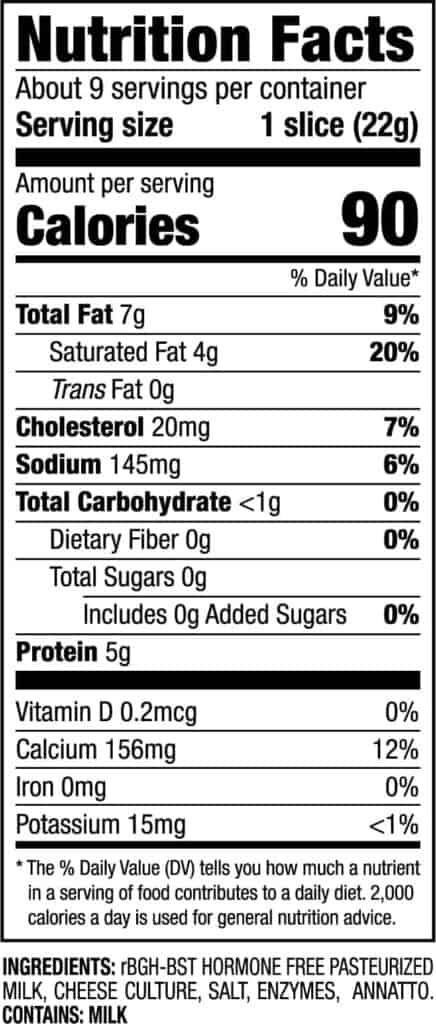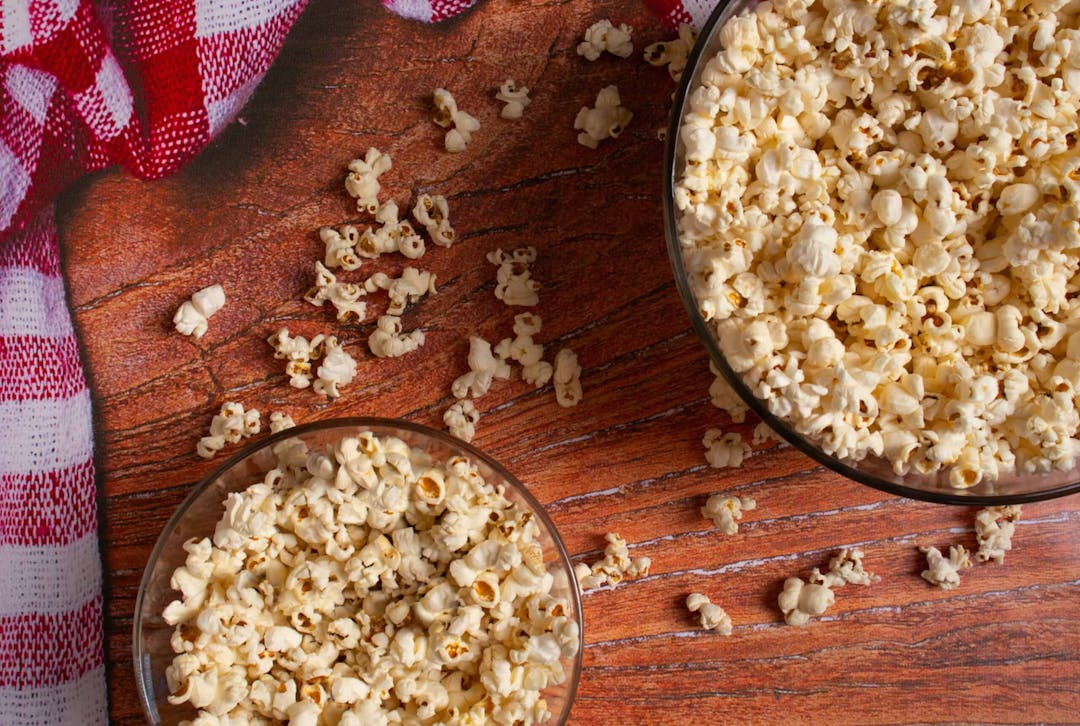


Find foods you can eat.
Low FODMAP Cheese
Published on May 4, 2021It’s a happy day when people discover they can still eat cheese on a low FODMAP diet! Lactose is the FODMAP of concern when it comes to dairy products like cheese. Fortunately, many cheeses are considered low lactose, especially aged cheeses. This means that even if you have lactose intolerance, you can likely still enjoy many cheeses without experiencing bothersome GI symptoms. But how do you know which cheeses are low enough in lactose to be considered low FODMAP cheese? It’s really quite simple!
How to Tell if Cheese is Low FODMAP Cheese
Remember that FODMAPs are carbohydrates, so you need to check the amount of carbohydrates on the Nutrition Facts label on the package of cheese. This will tell you how many grams of lactose that particular cheese contains per serving. Per the Monash guidelines, if cheese contains one gram or less of carbohydrates per serving, then it is considered low FODMAP.
You can see from the example label below that this cheese contains less than one gram of carbohydrate in a serving size of one slice. This means it is low in lactose and would be considered a low FODMAP cheese.

Types of Low FODMAP Cheese
As per the Monash FODMAP App, the following cheeses contain only trace amounts of FODMAPs, so they are low in lactose. In general, aged cheeses are lactose free or very low in lactose.
- Brie cheese
- Camembert cheese
- Cheddar cheese
- Colby style cheese
- Feta cheese
- French Brie cheese
- French Comte cheese
- French Gruyere chese
- Havarti cheese
- Lactose free cream cheese
- Manchego (Spanish) cheese
- Monterey Jack cheese
- Pecorino Style cheese
- Swiss cheese
Moderate to High FODMAP Cheeses
Fresh cheeses tend to be higher in lactose than aged ones. Per the Monash FODMAP App, the following cheeses are moderate to high FODMAP.
- Cottage cheese
- Cream cheese
- Cheeses with added garlic
- Goat cheese
- Haloumi
- Quark cheese
- Ricotta cheese
Note that some of the cheeses in the moderate/high FODMAP list do have a low FODMAP serving size. As an example, Quark is high in lactose if you consume a whole tub of it but is low in lactose if you eat just 2 tablespoons. Additionally, goat cheese is listed as low in lactose at 1 tablespoon but is high lactose at 2 cups (who eats two cups of goat cheese at one time?!). So, be sure to check those portions on the Monash app and on the food label.
Many types of cheeses are not listed in the Monash app, so that’s why checking the Nutrition Facts label will be very helpful! It’s also important to double check the ingredients list for any high FODMAP added flavorings. Cheese with certain dried fruits (like mango or apricots) or cheese with garlic would be examples to avoid.
You can also use the Fig app to find low FODMAP cheeses and other low FODMAP groceries. Simply scan a product at the grocery store to see if it’s likely low FODMAP.
What if Low FODMAP Cheese Still Causes You Symptoms?
There can be a few reasons why certain people don’t tolerate cheese well. Most cheeses are high in fat, and because fat can affect gut motility, it can trigger GI symptoms for some people with IBS. If you experience increased symptoms after eating high fat foods, try choosing low fat cheeses. Additionally, like most foods on the low FODMAP diet, you need to pay attention to portion sizes. Though a cheese may be low in lactose at a certain portion size, if you were to eat a huge amount at one sitting, it may not be so low in lactose anymore. Finally, some people have a true allergy to dairy products or may have a sensitivity to one of the proteins in dairy (like casein), and they would need to avoid cheese altogether.
Summing It Up
Low FODMAP cheese can be a healthy part of a balanced diet and there’s no need to avoid it on a low FODMAP diet for IBS. Check the Nutrition Facts labels and look for cheese with 1 gram or less of carbohydrates per serving. Be careful not to over do it with portion sizes. Hopefully you’ll be pleased to find that some of your favorite cheeses are low FODMAP!
Find Low FODMAP Cheese on the Fig App
Search for low FODMAP cheese available at your favorite grocery stores on the Fig app. It’s free!
 Low FODMAP Snacks
Low FODMAP Snacks Add Variety to a Low FODMAP Diet
Add Variety to a Low FODMAP Diet